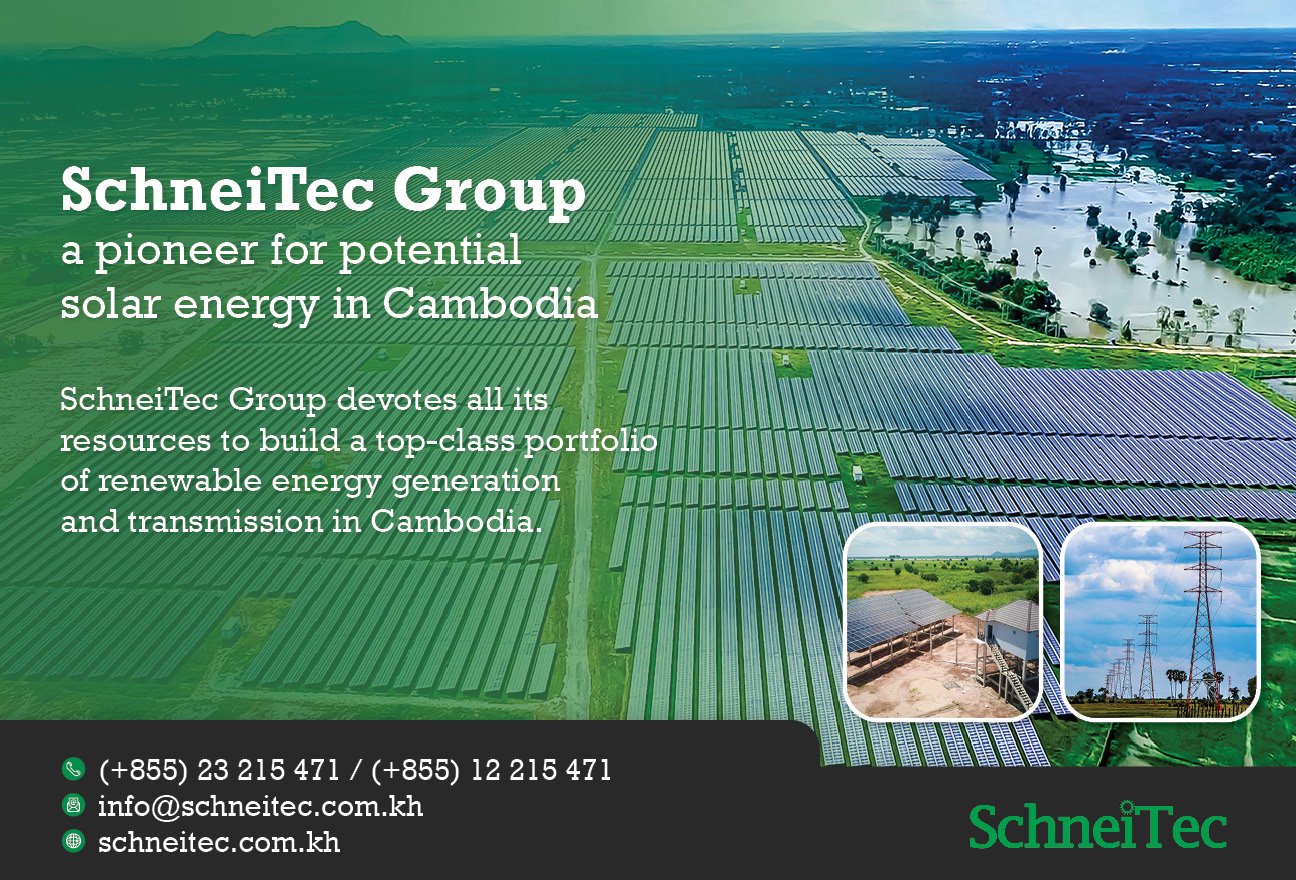When Keo Rottanak joined the Cambodian state-owned electricity provider Electricité du Cambodge (EDC) as Managing Director in 2008, the country’s power infrastructure was a world away from the modern national grid that serves the country’s 17.3 million inhabitants today.
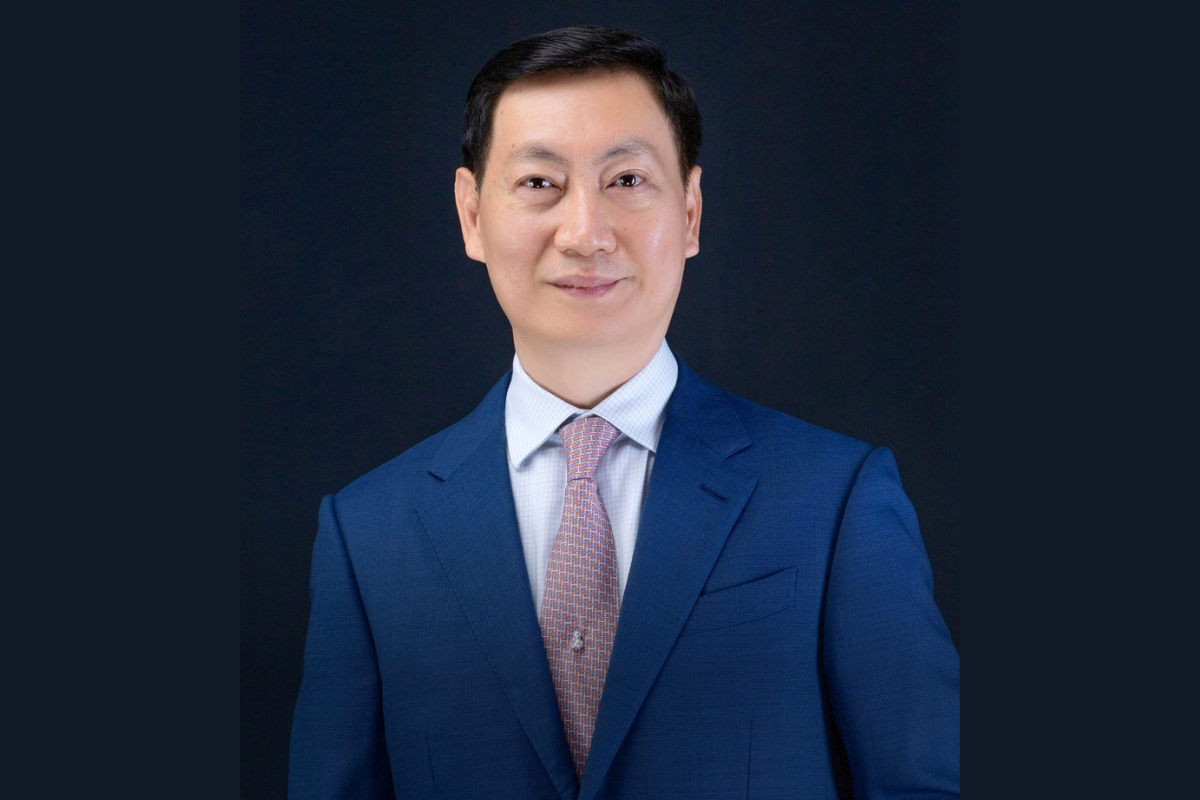
For a start, there was no national grid and homes in the most rural areas had no electricity or relied on primitive generators that regularly broke down. As three-quarters of the population lives outside the major cities, economic growth was stymied by power outages, widespread poverty and a lack of any strategy to take decisive action.
“When I joined, only 40 percent of households had access to electricity and 12 percent of villages,” Rottanak tells The CEO Magazine. “Even where there was power, it would go on and off throughout the day. There was no unified grid, so power generation was done through isolated pockets in each province, mainly using diesel and heavy fuel oil.”
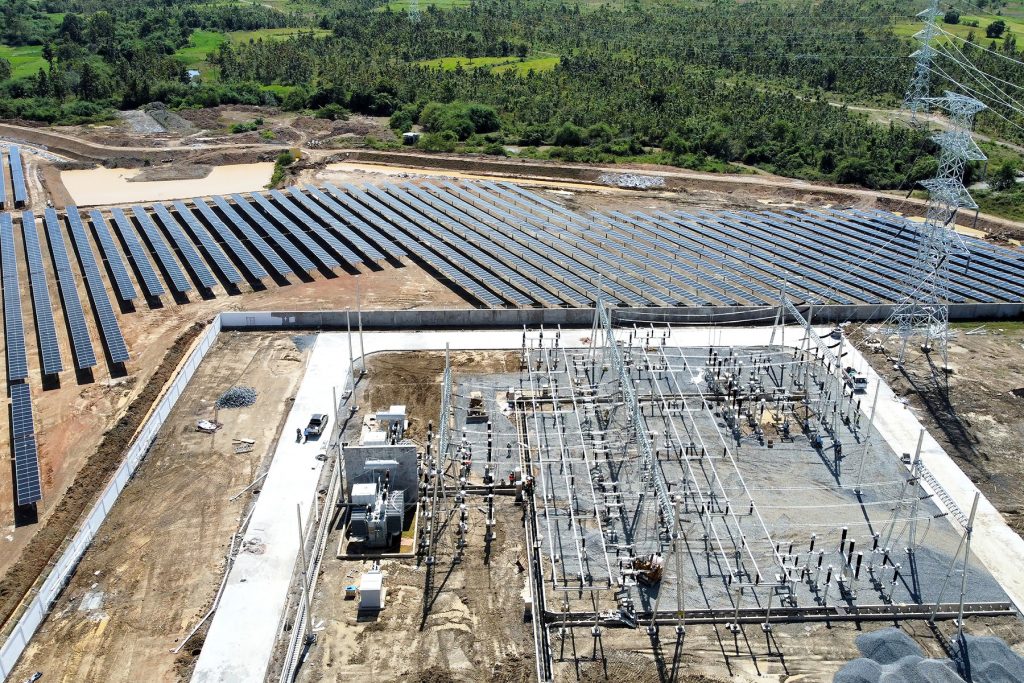
We’ve moved Cambodia away from an almost complete dependency on diesel and other heavy fuel oil to a situation where we had 62 percent renewable energies by the end of 2022.
Energy boost
Rottanak set the company on an ambitious path to roll out connectivity to even the most remote areas. “Today, 90 percent of households and 98 percent of villages are hooked up,” he reveals. “We have a national grid that supplies electricity 24 hours a day, and people pay a lot less than they used to. The cost went from almost US$1 per kilowatt-hour to less than 10 cents for the very poor.
“There used to be a lot of social resentment in different provinces as tariffs varied widely. It was more expensive in remote areas than in cities so the poor were often paying more than the middle class and the rich. Now we have equality between provinces and between urban centers and rural populations.”
EDC is the exclusive operator of the national grid. It’s also the largest of more than 450 distributors around the country and has over 6,000 employees. It’s the only power company that buys power from neighboring countries to ensure there are never shortages. “In a nutshell, it means we’re the largest player in the energy sector of Cambodia,” he says.
Another change Rottanak has overseen is turbocharging the country’s capacity. In 2008, there was barely 400 megawatts, but that figure has increased tenfold to an impressive 4,500 megawatts.
“We’ve moved Cambodia away from an almost complete dependency on diesel and other heavy fuel oil to a situation where we had 62 percent renewable energies by the end of 2022,” he points out. “Around 42 percent of that is domestic hydropower, 12 percent is solar, roughly one percent is biomass and the rest is imported hydropower from Laos.
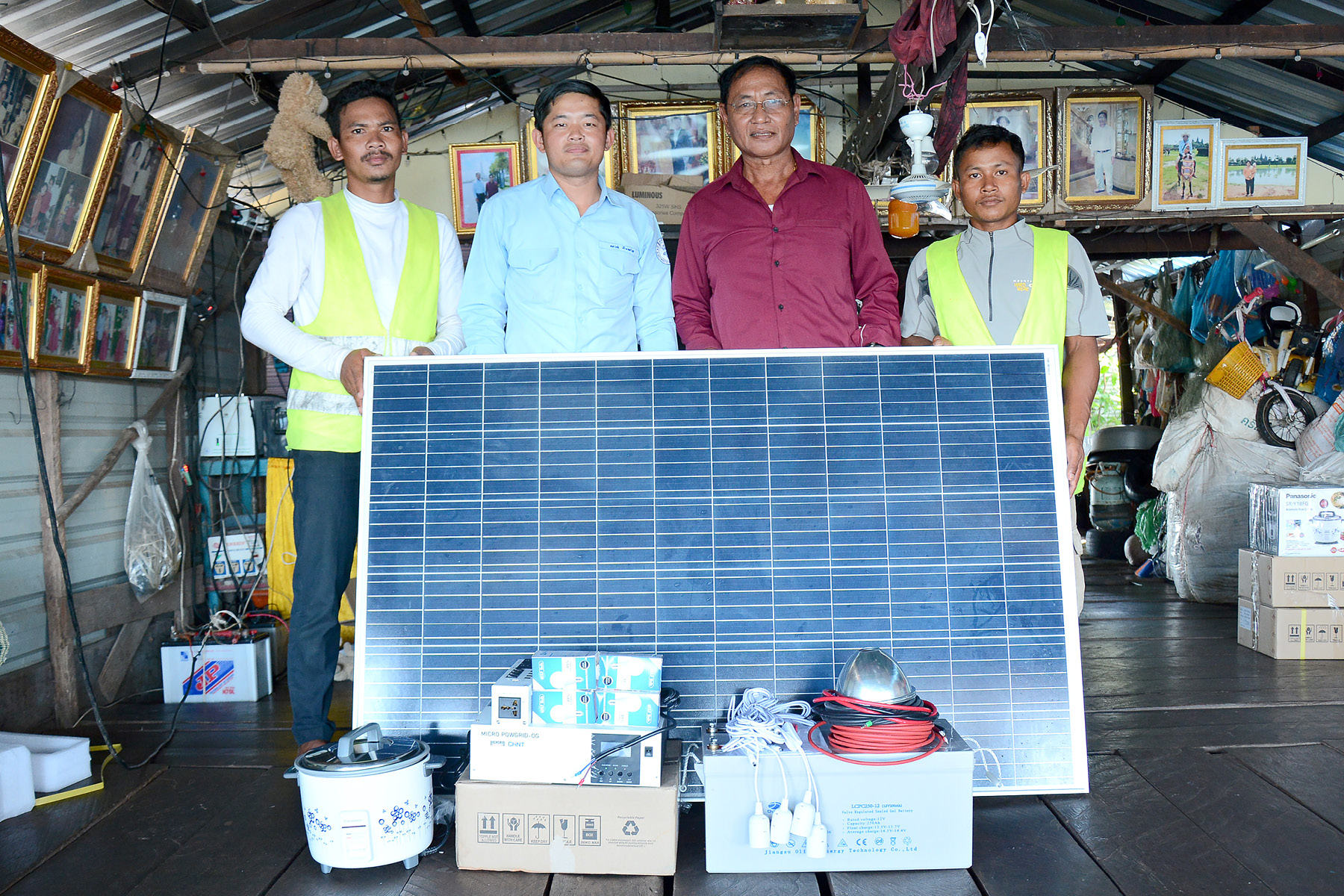
Young Hearts
“Recruiting dynamic, young people has also been key,” Rottanak says. “Half of our employees are under 35 and that leads to high productivity, efficiencies and commitment. It’s a source of great pride to me that we’ve reformed internally, especially in our human resources, to raise morale and cut the slack.
“In most state-owned companies around the world, failure comes from cronyism and corruption, but we have changed all that. We’ve pushed ahead with modernization in many of our processes and tapped into new IT that allows us to be efficient.”
Stronger ties
To make such figures possible, Rottanak devoted time and resources to strengthening power trades with Vietnam, Laos and Thailand so electricity from each country could buy him time to develop large-scale renewable projects.
He also wasted no time in cutting a swathe through the jungle of bureaucracy that was holding EDC back. It’s controlled by two Cambodian ministries and a board of seven directors who represent shareholders. This used to be a recipe for endless roadblocks, but Rottanak worked tirelessly to earn the trust and respect of all the stakeholders so he could get on with doing his job and growing the business.
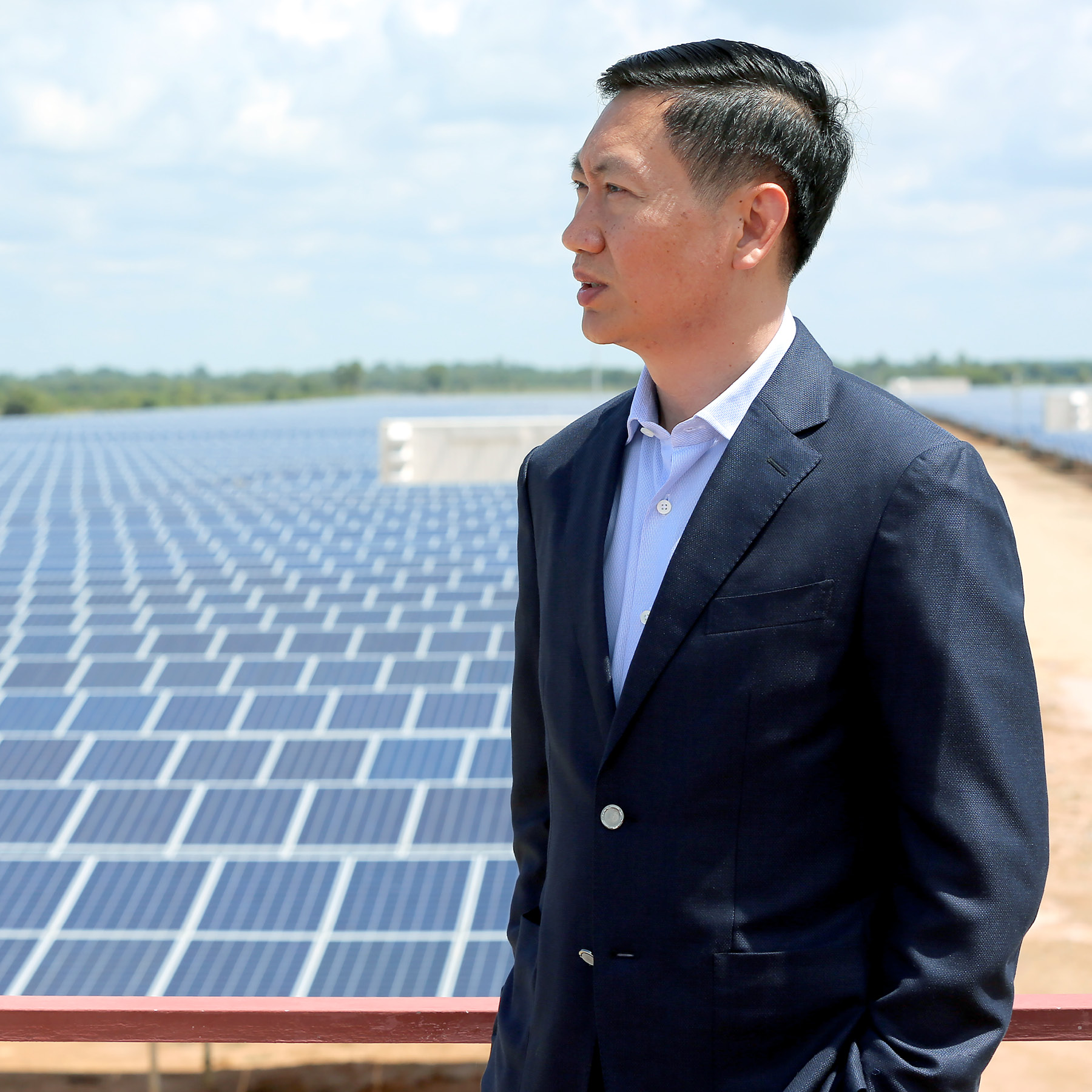
We’ve formed a broad coalition with all the agencies involved to make sure EDC has the ability to transform itself and earn a seat upstream at the point of policy formulation.
“We’ve formed a broad coalition with all the agencies involved to make sure EDC has the ability to transform itself and earn a seat upstream at the point of policy formulation. That way, we’re in sync with whatever the government decides and we don’t suffer any adverse reactions,” he explains.
“That’s very big for us indeed, because in the past we weren’t offered such choices. My predecessor wasn’t, but I knew I had to change it so we could aways have a strong input at the earliest stage and better serve the Cambodian people.”

